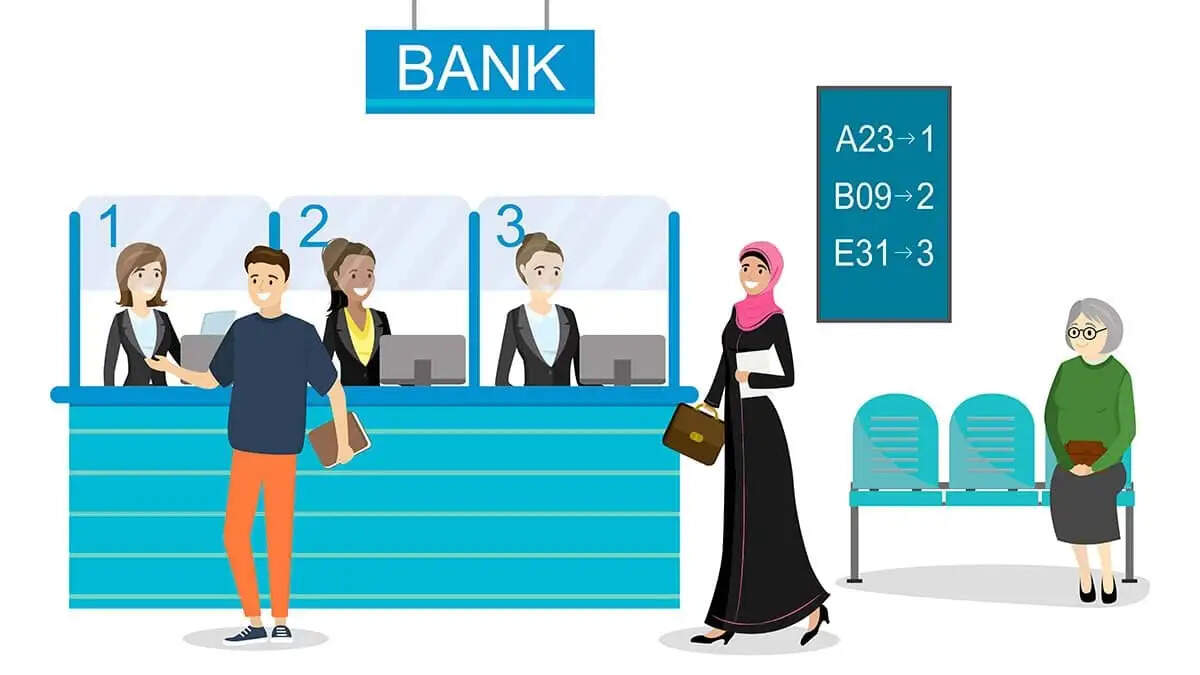Crack the Code to a Banking Career: Bank Cashier Job Description, Exams, and Salary
Ever dreamt of working in the heart of the financial world, assisting customers and ensuring smooth financial operations? Look no further than a career as a bank cashier! This dynamic role offers stability, growth potential, and the satisfaction of helping others manage their finances.

Ever dreamt of working in the heart of the financial world, assisting customers and ensuring smooth financial operations? Look no further than a career as a bank cashier! This dynamic role offers stability, growth potential, and the satisfaction of helping others manage their finances.

So, how do you become a bank cashier?
1. Qualifications and Exams:
- Graduate Degree: Most banks require a bachelor's degree in any discipline.
- Competitive Exams: Clear either the IBPS Clerk Recruitment Examination or the SBI Clerk Recruitment Examination.
- Age Limit: Typically between 20 and 28 years old, although variations may exist.

2. Salary and Benefits:
- Salary: Public sector banks offer Rs 25,000-35,000 per month, while private sector banks pay Rs 30,000-40,000 per month.
- Benefits: Health insurance, provident fund, paid leave, and other perks.
3. Daily Duties:
- Handle cash transactions: deposits, withdrawals, and exchanges.
- Verify customer information and documents.
- Operate currency-counting machines and computers.
- Maintain records of daily transactions.
- Resolve customer queries and provide assistance.
4. Essential Skills:
- Customer Service: Excellent communication and interpersonal skills.
- Mathematics: Strong foundation in arithmetic and financial calculations.
- Accuracy: Meticulous attention to detail to avoid errors.
- Time Management: Ability to handle multiple tasks efficiently.
- Computer Skills: Proficiency in basic banking software.
5. Career Growth:
Cashiers can progress to higher positions like Assistant Manager, Customer Service Manager, and even Branch Manager with experience and additional qualifications.
Ready to take the next step?
- Research: Explore different banks and their career paths.
- Prepare for Exams: Dedicate time to studying for the IBPS or SBI Clerk exams.
- Practice Skills: Refine your customer service and math skills through mock transactions.
- Network: Build connections with banking professionals for potential opportunities.
